All the tools you need for securing your family’s future…
CGT | Carrier Genetic Test by Igenomix
Learn moreCGT | Carrier Genetic Test by Igenomix
Learn moreIgenomix genetic counselors are licensed and certified healthcare professionals who provide patients and their clinical team with expert guidance on the genetic tests offered by Igenomix, including CGT options.
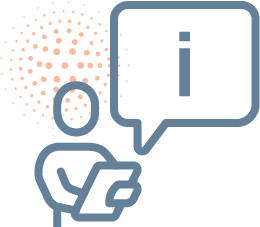 End-to End Support
End-to End SupportThey identify genetic risks, explain appropriate genetic testing options, discuss the implications of test results, and assist patients making informed genetic health care decisions.
Our genetic counselor team translates and communicates complex genetic information into practical, understandable terms.

Igenomix offers a live webinar with certified genetic counselors to assist in the CGT process, providing:
Join an online session with our genetic counselors, offering:
Personalized Patient Support to meet your patient’s needs
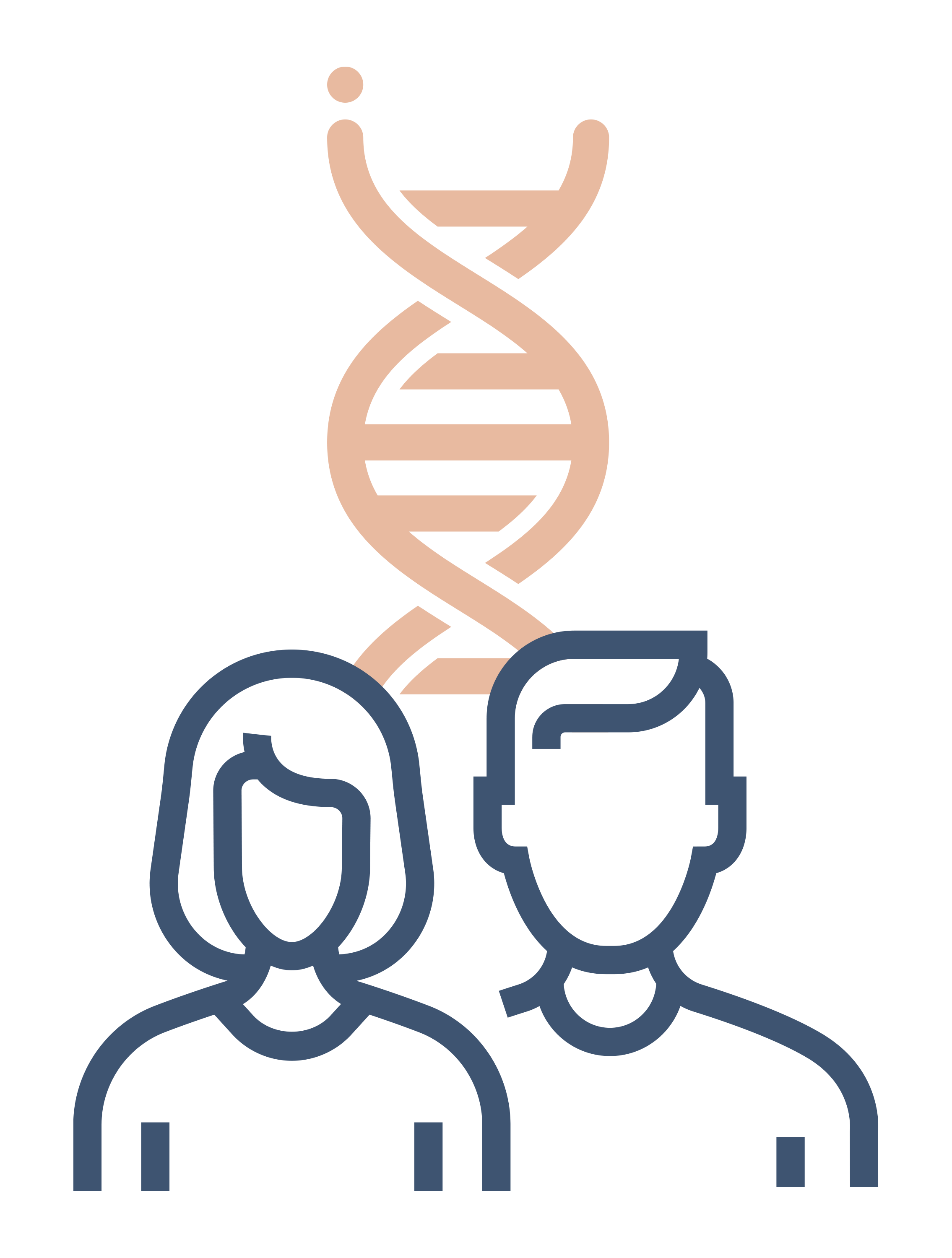






Discover downloadable instructions for our CGT test available in various languages below.
Follow these steps carefully to ensure the accurate collection of DNA from saliva samples. Proper collection is crucial for obtaining high-quality genetic material for analysis.
The CGT or Carrier Genetic Testing is a genetic tets which analyzes an individual’s DNA to determine if they are a carrier of a range of autosomal recessive genetic conditions. In biologically female individuals, carrier screening may also include the analysis of genes associated with X-linked conditions. This information can be useful in understanding the risk of having a child with a genetic condition.
Some genetic conditions occur more often in people who trace their ancestry to a particular geographic area. For example, Gaucher disease more frequently affects people of Ashkenazi Jewish ancestry, and sickle cell disease more frequently affects people of African descent. These conditions, however, are not restricted to these groups, and anyone can be a carrier.
According to the American College of Obstetricians and Gynecologists, carrier screening should be offered to pregnant individuals and to all individuals who are considering pregnancy, regardless of ethnicity and family history.
Carrier screening is available to anyone who wants to learn more about their risk of being a carrier of a genetic condition, including:
A carrier is an individual who has one mutated copy and one normal copy of the same gene.
When a child is conceived, they inherit half of their DNA from each biological parent, resulting in two copies of most genes. However, when variations or alterations manifest in the DNA, genes may fail to function properly, potentially leading to genetic disorders.
Being a carrier of a genetic condition typically does not impact your health because you have another functional copy of the gene, compensating for any changes in the affected one.
Interestingly, many of us are carriers of genetic conditions, but since our health is not usually affected, often remain unaware of our carrier status until undergoing specific genetic screening.
It is not unusual to be the first person in your family to know you’re carrier of a particular disorder. Your chance of being identified as a carrier depends on how many disorders you were screened for, your ethnic background, and your family history.
Approximately 1-5% of reproductive couples are at risk of having an affected child, either because they are both carriers of the same autosomal recessive condition, or because the egg-source is a carrier of an X-linked condition.
Autosomal recessive inheritance
If both biological parents (individuals who provide the sperm and egg) carry a harmful variant in the same gene, with each pregnancy there is a 25% or 1 in 4 chance that the child will inherit two harmful variants (one from each biological parent) and be affected with the condition.
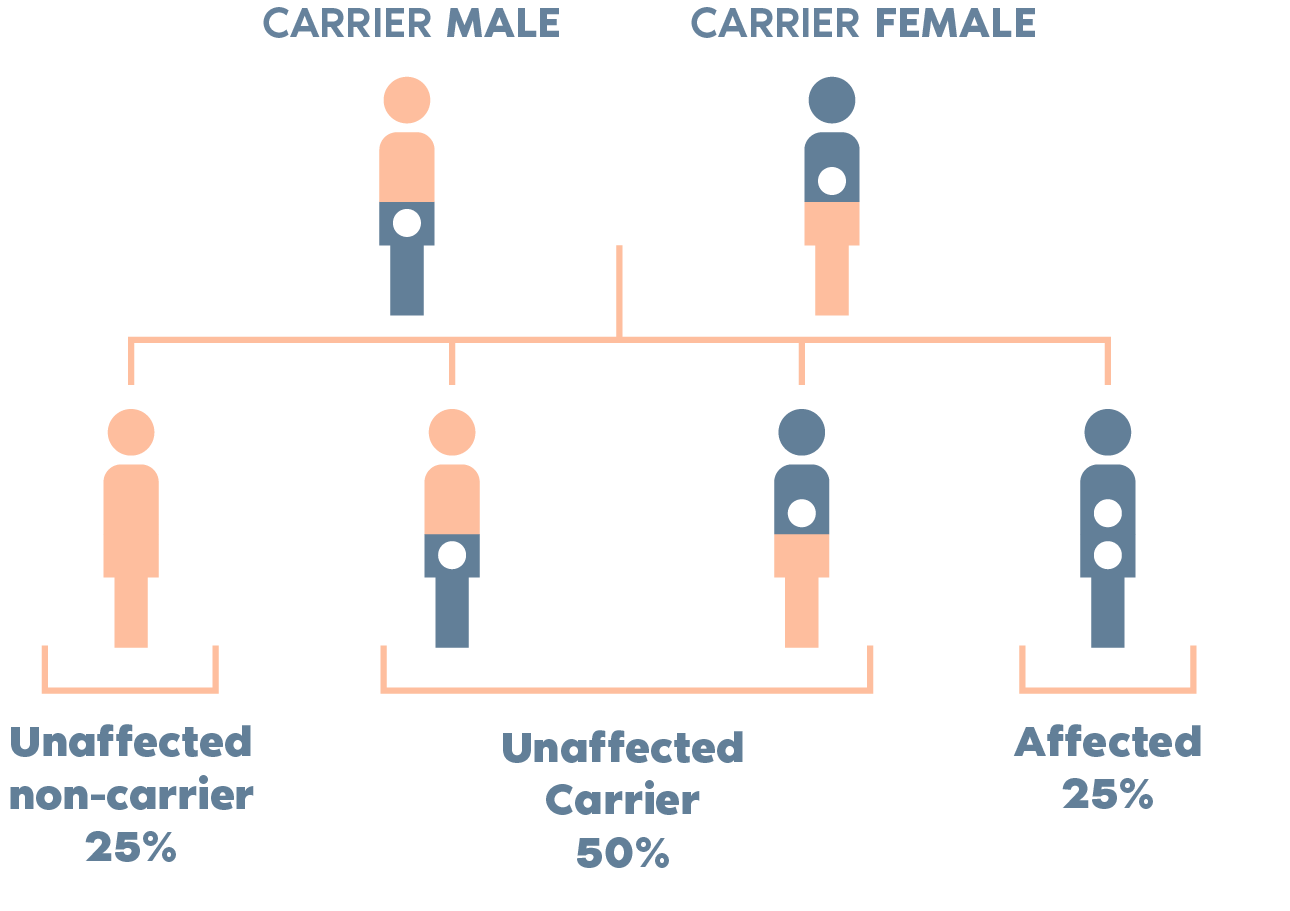
X-linked inheritance
If the biological mother (the individual providing the egg) is a carrier of an X-linked condition, there is a 25% or 1 in 4 chance of having an affected male and a 25% or 1 in 4 chance of having a carrier female.
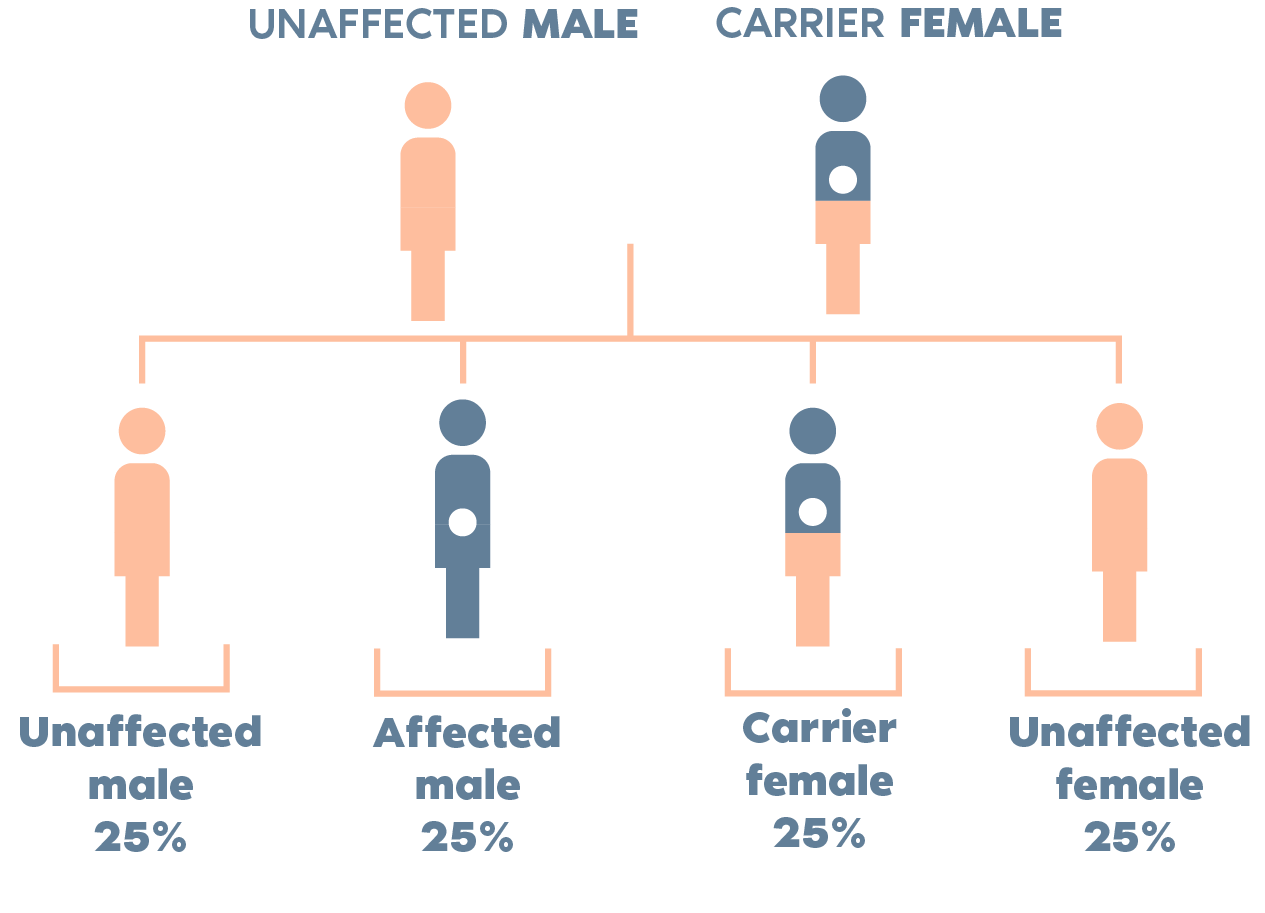
For autosomal recessive genetic conditions, the gene in question is located on
one of the ‘autosomes’ (chromosomes 1-22). A recessive genetic condition is
caused by an individual having a harmful spelling mistake (or ‘variant’) in both
copies of a particular gene.
If an individual has one copy of the gene with a harmful variant and a second,
working copy of the gene, they will be a ‘carrier’ of the condition. This generally
does not have any health implications as the working copy of the gene is able to
compensate for the faulty copy. It will, however, lead to an increased risk of
having a child with the related genetic condition, if the other biological parent
carries a harmful variant in the same gene. Research has shown that over 80%
of people are carriers of at least one genetic condition, often without knowing it.
Some examples of autosomal recessive conditions include cystic fibrosis (CF),
sickle cell anemia, and phenylketonuria (PKU).
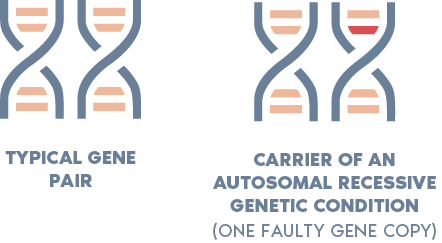
X-linked conditions are caused by a harmful variant in a gene located on the X chromosome. As biological females have two X chromosomes, they usually have a second working copy of the gene which can compensate for the faulty copy.
Females with one faulty copy of the gene are considered carriers and can pass the faulty copy on to the next generation. Typically, female carriers are not affected by X-linked conditions, though for some conditions they may develop mild symptoms.
As biological males have only one X chromosome, there is no second copy of the gene to compensate for a faulty copy. If they have a harmful variant in a gene on this chromosome, they will be affected by the related X-linked condition.
Some examples of X-linked conditions include hemophilia, Duchenne muscular dystrophy (DMD), and fragile X- syndrome.
Once the sample is received at Igenomix, the results will be available in 20 bussines days.
Once the CGT test is completed, our genetic counselors are available to discuss the implications of the test results and answer any additional questions.
(Preimplantation Genetic Testing for Monogenic disorders)
PGT-M helps couples with a risk of transmitting a genetic disease. This genetic test Prevents the transmission of inherited disorders to future children and achieve a healthy pregnancy.
More information(Preimplantation Genetic Testing for Aneuploidies)
Is a genetic test performed embryos obtained with IVF thathelps you to have a successful pregnancy and a healthy baby. PGT-A increases the chances of an ongoing healthy and pregnancy.
More informationIdentifying the genetic causes of infertility.
An advanced genetic test designed to detect the most common genetic mutations linked to infertility
More information